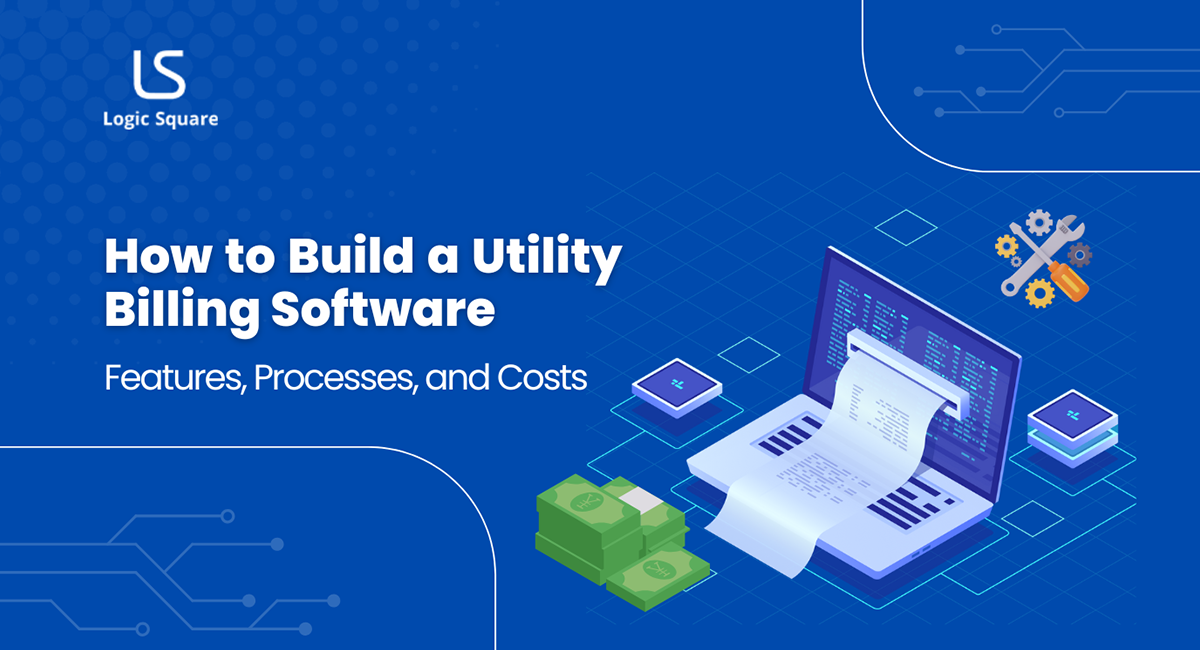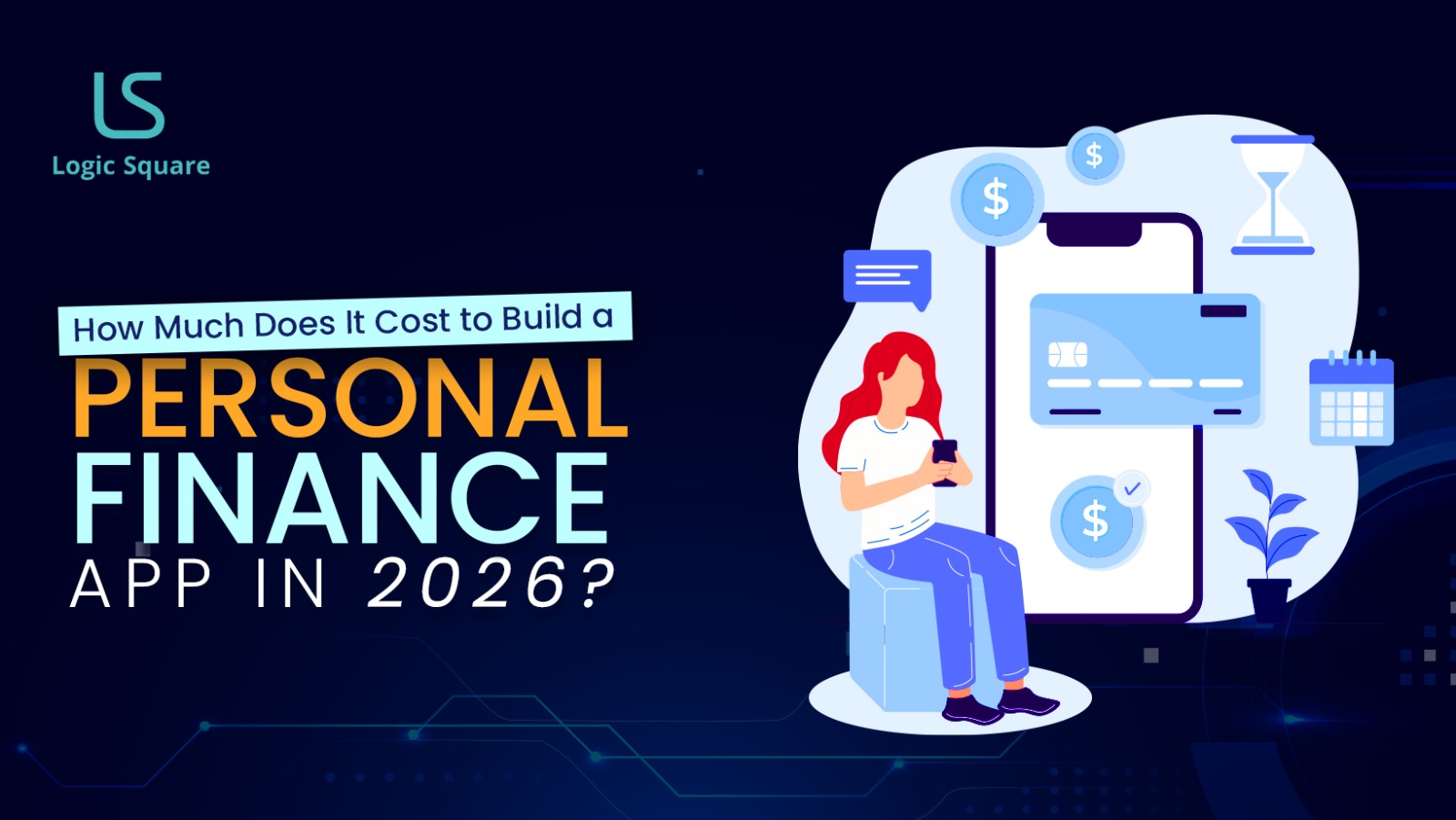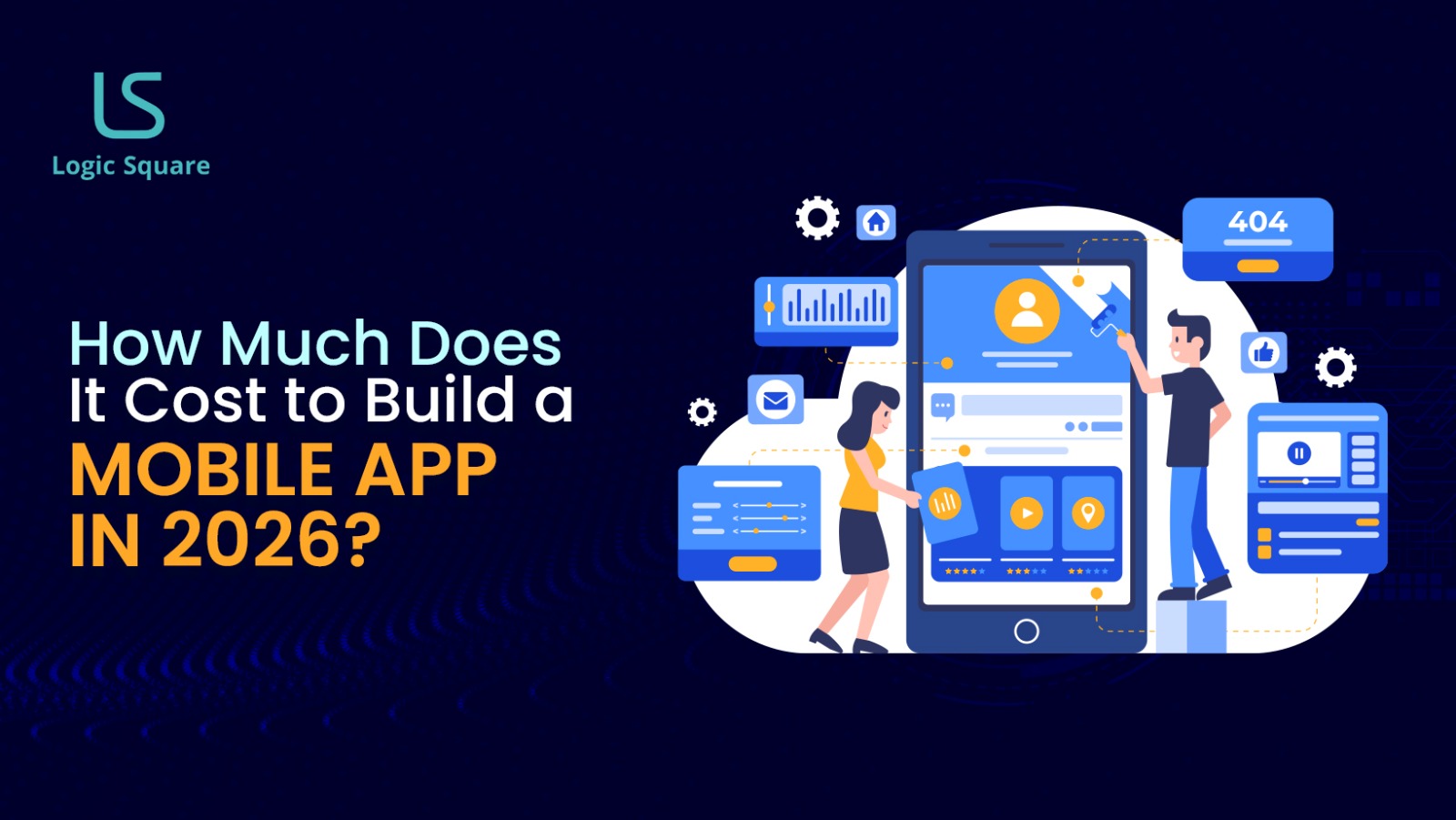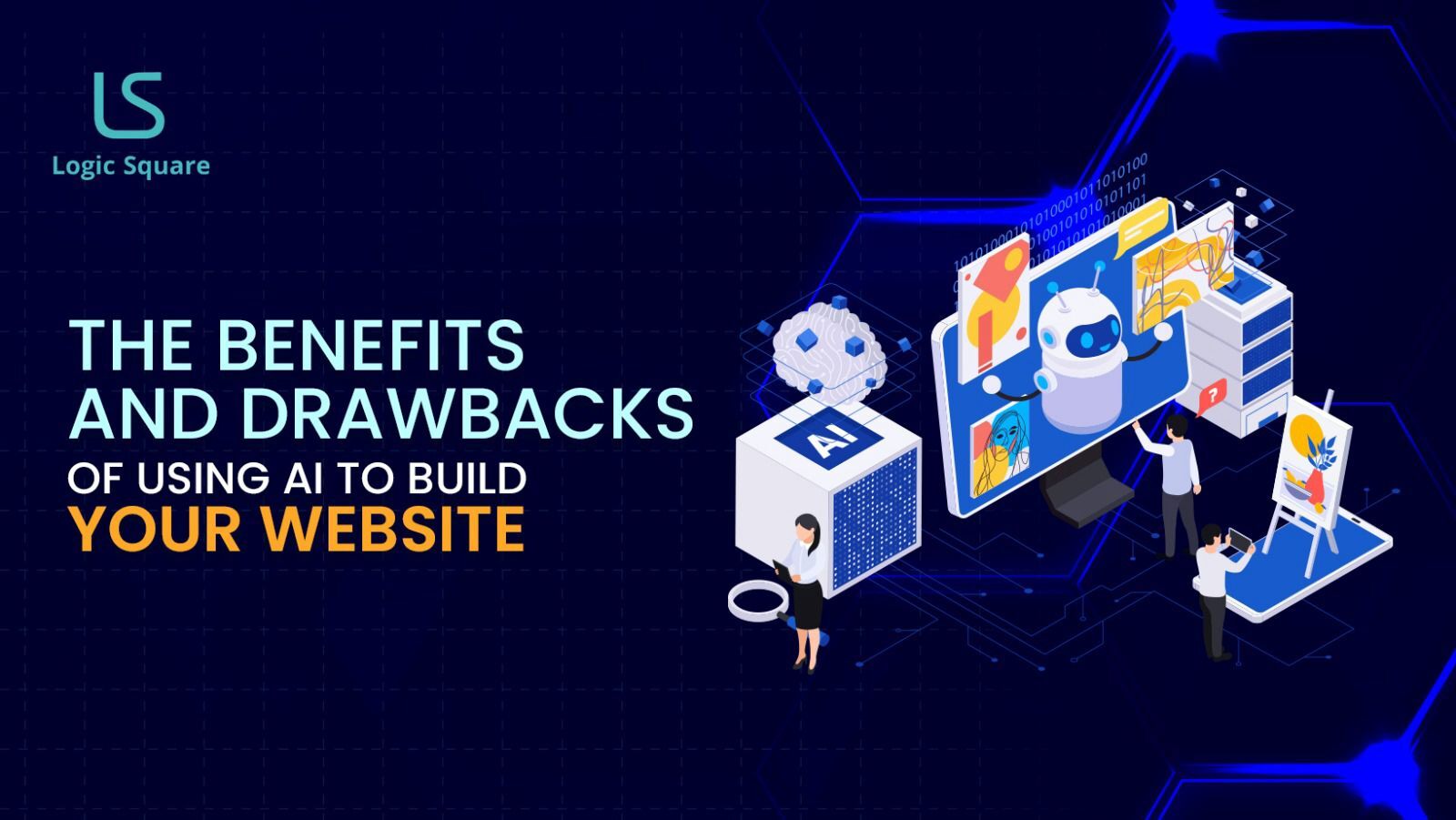In a fast-moving world where people demand precision and efficiency in every step, utility billing software is crucial in transforming how services, like water, gas, and electricity, are managed and billed. These systems automate manual processes, integrate smart meters, and offer customers a seamless billing experience at every step. And when it comes to building one such revolutionary platform like a boss, only a capable software development company can be the driving force behind creating a platform that meets regulatory, operational, and user-experience demands.
What Is Utility Billing Software?
A utility billing software manages, processes, and tracks customer usage data. It is designed and built to automate billing, payments, and customer communications through state-of-the-art features and functionality. It also handles large datasets, multiple pricing tiers, and regional compliance requirements.
Table of Contents
ToggleIndustries That Benefit from Utility Billing Tools
Utility billing systems are widely used across a variety of sectors, such as:
- Municipalities and Government Utilities: Efficiently manage residential and commercial water/sewer services.
- Energy and Gas Providers: Track energy consumption and generate accurate bills.
- Property Management Firms: Bill tenants individually based on usage.
- Smart Cities and Industrial Complexes: Integrate with IoT for real-time data and proactive billing.
Why Businesses Are Shifting from Manual to Digital Billing
Manual billing methods are prone to errors, delays, and inefficiencies. Each of these odds collectively contributes to a slower workforce in terms of growth and productivity. In contrast, digital billing offers:
- Greater Accuracy: Eliminate human errors in meter reading and invoicing.
- Faster Turnaround: Automated systems accelerate the billing cycle.
- Enhanced Customer Experience: Real-time access to bills and usage data.
- Compliance and Reporting: Simplified adherence to regional and national regulations.
Role of a Software Development Company in Digitizing Utility Management
A reliable software development company can roll out revolutionary innovations by:
- Customizing the software to meet unique utility requirements.
- Integrating with third-party tools such as payment gateways, CRMs, and IoT devices.
- Ensuring security compliance with GDPR, CCPA, and other frameworks.
- Offering long-term support and feature updates to maintain performance and scalability.
Now that you are aware of the broader context, let’s move on to the next segment where we will delve deep into the best fits, industry challenges, and more.
Custom Utility Billing Software vs. Off-the-Shelf: Which One Fits You Best?
Choosing between custom utility billing software and an off-the-shelf solution can be a game-changer for your operations. Each option brings distinct advantages depending on your business size, goals, and budget.
Let’s explore which path best suits your needs.
Overview of Both Approaches
Businesses often face a choice between purchasing off-the-shelf software or investing in custom development. Here’s a breakdown:
- Off-the-Shelf Software: Ready-made solutions with generic features.
- Custom Utility Software: Tailored platforms built from scratch to meet specific business needs.
Advantages of Custom App Development for Utility Software
A custom utility billing system offers several competitive advantages in the form of:
- Tailored Features: Every feature is designed to support your unique billing models, customer types, and workflows.
- Integration Flexibility: Seamlessly connects with your existing ecosystem – CRM, ERP, smart meters, etc.
- Long-Term Scalability: Custom-built platforms are easier to scale as your customer base grows or regulations change.
When to Consider Off-the-Shelf Solutions
Off-the-shelf tools may be adequate for smaller utilities or startups with basic billing needs, projects requiring quick deployment and minimal customization, and budget-limited organizations prioritizing short-term functionality.
ROI Comparison
While off-the-shelf software may offer lower upfront costs, custom solutions deliver better ROI over time due to reduced operational inefficiencies, lower error rates, and higher customer retention due to a better user experience
Role of a Mobile App Development Company
A top-tier mobile app development company can add value by designing intuitive, mobile-first interfaces for customer self-service, building secure mobile payment and billing solutions, and supporting hybrid and native app development for Android and iOS.
The right billing solution isn’t one-size-fits-all. By weighing your current requirements against future growth and possibilities, you can make a smart, scalable choice, whether the speed of an off-the-shelf tool or the precision of a custom-built system.
Must-Have Features in a Modern Utility Billing Solution
To meet the expectations of today’s digital-first users, utility billing software must include the following features:
- Automated Meter Reading Integration: It enables real-time data import from AMR/AMI smart meters.
- Multi-Tier Rate Configuration: It supports complex billing structures including time-of-use, seasonal, or slab-based pricing.
- Customer Self-Service Portal (Web & Mobile): This portal empowers customers to track usage, pay bills, and manage their accounts online.
- Payment Gateway Integration: Enables secure, multi-method transactions (credit cards, ACH, digital wallets).
- Billing Alerts and Notifications: This service sends SMS/email reminders for bill due dates, outages, or payment confirmations.
- Reporting & Analytics Dashboard: Offers insights into usage trends, billing efficiency, and revenue forecasts./li>
- Role-Based Access and Data Security: Ensures administrative control and compliance with data protection regulations.
Step-by-Step Development Process for Utility Billing Software
Developing a robust platform involves several key phases. Partnering with an experienced software development company ensures these stages are executed effectively:
Step 1: Requirements Gathering & Market Analysis
- Identify specific business needs.
- Benchmark against competitors and analyze customer expectations.
Step 2: UI/UX Design for Web & Mobile Interfaces
- Design wireframes and user flows.
- Ensure accessibility and responsive design across platforms.
Step 3: Backend Development and Database Setup
- Build scalable APIs and data models.
- Use secure, high-performance databases to store user and billing data.
Step 4: Third-Party Integration (Payment, CRM, IoT Devices)
- Integrate with smart meters, billing engines, and customer management systems.
- Connect to payment processors for seamless billing.
Step 5: QA Testing & Compliance Checks
- Perform functionality, performance, and security testing.
- Ensure the platform complies with industry-specific regulations.
Step 6: Launch & Post-Deployment Support
- Roll out the software in phases.
- Provide regular updates, maintenance, and customer support.
To sum up, embracing agile methodology could benefit a software development company that aims to build iteratively with regular feedback loops.
Cost Breakdown: What Does It Take to Build a Utility Billing Platform?
Here’s a detailed breakdown of building a utility billing platform that functions seamlessly with the changing dynamics.
Factors Influencing Cost
- Number of Features/Modules
- Mobile and Web Integration
- UI Complexity (Custom vs. Template-Based)
- Legacy System Compatibility
- Ongoing Maintenance and Support
Estimated Cost Range
- MVP (Minimal Viable Product): $10,000–$30,000
- Full-Fledged System: $50,000–$150,000+
How a Custom App Development Partner Helps Optimize Budgets
A trusted mobile app development company helps you:
- Prioritize essential features for Phase 1.
- Reuse components to reduce development time.
- Minimize costly rework through early validation.
Key Challenges in Developing Utility Billing Software
Building utility billing software is no small feat. Developers must tackle a range of technical and regulatory hurdles to ensure the system is accurate, secure, and scalable.
- Complex Rate Calculations: Managing diverse pricing schemes across service zones.
- Regulatory Compliance: Navigating different laws across states or countries.
- IoT Integration: Ensuring compatibility with existing smart devices.
- Data Privacy: Protecting sensitive user data from breaches.
- System Scalability: Preparing the system to handle large datasets and user spikes.
Overcoming these challenges requires a deep understanding of business operations and modern software architecture, ensuring a robust, adaptable, and future-ready solution.
Trends Shaping the Future of Utility Billing Applications
Utility billing is rapidly evolving, driven by cutting-edge technologies and changing user expectations. From AI-driven consumption forecasting to blockchain-based billing transparency, modern solutions are becoming smarter, more efficient, and more user-centric.
With mobile-first design, cloud-native deployment, and integration with smart home devices, these trends set new standards for how utilities manage data and deliver value to their customers.
- AI for Consumption Prediction: Machine learning helps forecast usage trends and detect anomalies.
- Mobile-First Interfaces: Prioritizing mobile UX for end-users and admin dashboards.
- Smart Home Integration: Compatibility with home automation tools and sensors.
- Cloud-Native Architecture: Facilitates faster deployments and global accessibility.
- Blockchain for Billing Transparency: Immutable records enhance customer trust.
In fact, insights from top mobile app development companies emphasize that investing in future-ready technologies leads to higher customer satisfaction and operational agility.
Why Choose Logic-Square as Your Utility Billing Software Development Partner?
Choosing the right partner is essential to the success of your digital transformation. Logic-Square is a leading software development company that builds scalable, secure, intuitive utility billing platforms.
- Domain Expertise: We have strong experience in the energy, water, and municipal billing sectors.
- Agile Execution: Our team ensures rapid MVP delivery with consistent feedback integration.
- Full-Stack Capability: We offer the perfect blend of web, mobile, backend, and cloud expertise.
- Dedicated Support: From planning to post-launch maintenance, we have got you covered
- Cross-Platform Solutions: Your go-to mobile app development company for responsive and high-performing apps.
Ready to streamline your utility billing? Partner with Logic-Square, a trusted software development company, to build a future-proof, customer-friendly utility billing platform.





